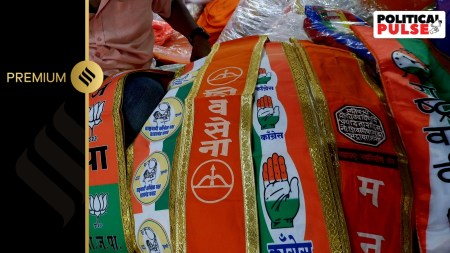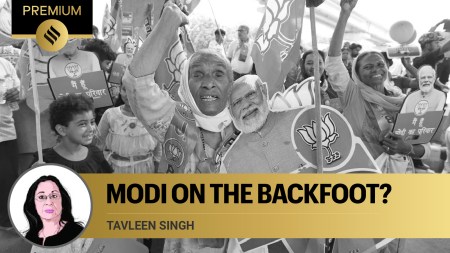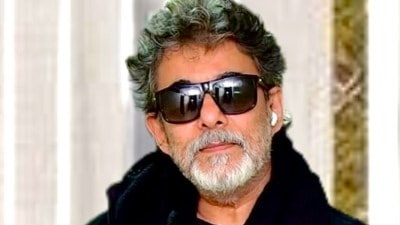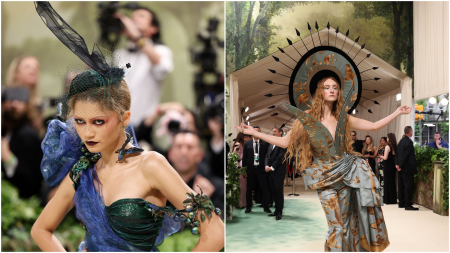- India
- International
‘I wanted to create a non-Western-centric post-apocalyptic world,’ says Sophia Khan
Sophia Khan's book The Flight of the Arconaut, was shortlisted for the Shakti Bhatt First Book Prize and the Karachi Literature Festival Getz Pharma Fiction Prize.
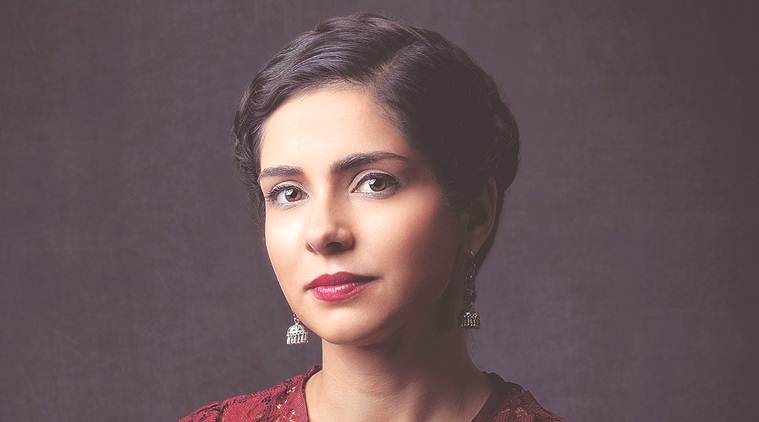 Sophia Khan. (Photo: Sher Khan)
Sophia Khan. (Photo: Sher Khan)
In Pakistani writer Sophia Khan’s The Flight of the Arconaut (Rs 599, Red Panda), we meet Nyx, a young girl shielded from the harsh realities of the Empire, who spends her days in an underground lab, and nights testing her skills as an arconaut, until she is pited against a mysterious brigadier. Islamabad-based Khan, 34, who studied fiction writing at New York’s Sarah Lawrence College, wrote her first novel Yasmeen in 2015. It was shortlisted for the Shakti Bhatt First Book Prize and the Karachi Literature Festival Getz Pharma Fiction Prize. Excerpts from an interview:
What was the first idea that sparked the story of The Flight of the Arconaut?
Arapaie Black, the book’s illustrator, and I, first came up with the idea of the arconaut in 2012. We were discussing how only White people (and usually only men, unless a love interest survives) ever seem to make it to the end in dystopian movies, and we came up with the idea of creating a non-Western-centric post-apocalyptic world. I felt it was important for people to see themselves in what they’re reading. If dystopia depicts a world without people of colour, what does it suggest to us about our place in the future?
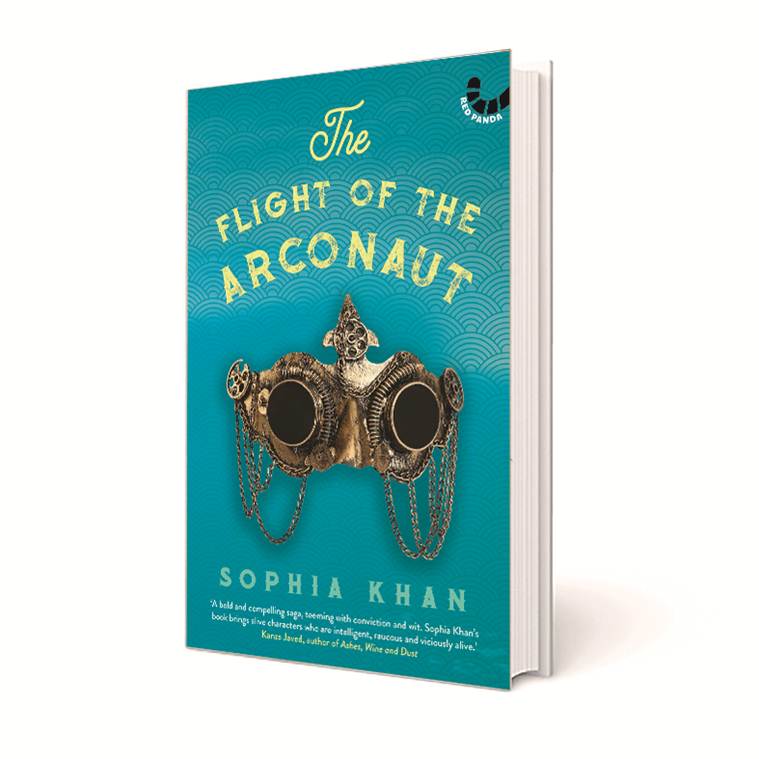 The cover of Sophia Khan’s book The Flight of the Arconaut.
The cover of Sophia Khan’s book The Flight of the Arconaut.
Lineage, bloodline and fertility are some of the major themes in the story. What made you want to explore them?
I wanted to explore the different ways in which women exercise power — both by finding their way within the confines of the society that binds them and by utterly rejecting it. Women can either work within the structures of the society that confines them and find ways around these confines (ie Ephelia working quietly in her greenhouse) or they can shatter the conventions of said society (ie Nyx arcboarding), which can often lead to drastic consequences — different people find different routes to freedom in oppressive societies.

How did the setting of fictional and fantastical world assist you in exploring sociopolitical issues?
I love science fiction because it is probably the only genre in which writers can explore social, political, moral, and philosophical issues without boring the readers to tears (so I hope, anyway). Somehow when serious ideas are surrounded by fantastical scaffolding, they’re infinitely more interesting.
Take us behind the process of creating the character of Nyx — she is part of a world with privilege and yet is not one of them.
Nyx is probably the most difficult character I’ve ever written because I had to work very hard not to fall into the trap of making her a pleasant, agreeable girl. It’s much easier to write nice, agreeable girls because we see so many of them. The fact that she is an outsider in every context kept me in check every time I started to make her a little too civilised.
You’ve recreated the cracks in a society on the basis of class, race, community, colour, gender, and identity. But aren’t identities getting more fluid than before?
Yes and no. I think humans gravitate instinctually towards tribalism. While traditional identities may be getting more fluid, I do think we tend to self-select into groups.
You’ve also linked the levels of IQ with levels in social hierarchy.
There seems to be a global trend towards anti-intellectualism. Science fiction allows you to extrapolate what you see around and take it to extremes. The falling IQ levels are a sort of thought experiment: what would happen if intelligent people by and large ceased to exist? Would there be factions who wanted this to happen, and, if so, why?
To weave the story, you’ve drawn from various mythologies, customs, and languages.
One sees a lot of cultural intermingling in science fiction; the idea, I suppose, being that as the world becomes increasingly interconnected, the barriers between cultures blur — futuristic globalisation, if you will.
Why did you think steampunk fit best to tell your story?
I love the mix of old and new. Steampunk seemed like a good fit for a world that is in some ways advanced and in other ways primitive. Atlantis (where the story is set) is a society built upon the ruins of a destroyed world, so steampunk provided the perfect medium to depict a world that is at once ancient and new.
What are the challenges of creating a whole new fictional universe in such detail?
Keeping everything organised can be a struggle. I have pages and pages of notes, outlines, maps, genealogies and timelines forming backstories that don’t even make it to the drafts.
What drew you to writing? Is there any previous work in the genre that served as an inspiration?
It was a bit of an accident. I’ve always enjoyed making up stories, but when I was younger I imagined I’d go into academia. Unfortunately, I’m not much good at lecturing. So many works were inspiring. Growing up, I read and reread the His Dark Materials trilogy (by Philip Pullman). I also admire China Miéville and Paolo Bacigalupi’s worldbuilding. Although he doesn’t write steampunk, I have always loved Salman Rushdie’s intermingling of the real with the fantastical.
Which are the other genres that you’d like to experiment with?
I’ve been writing short stories lately; which has taught me a great deal. When you only have 10 or 20 pages to create a life, you have to pay exacting attention to every single sentence.
May 16: Latest News
- 01
- 02
- 03
- 04
- 05









